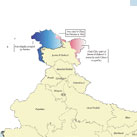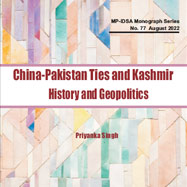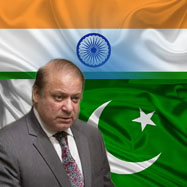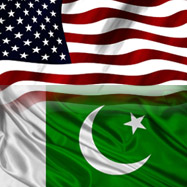Saving Afghanistan
- Publisher: Academic Foundation (2009)
2009
This book is about the future of Afghanistan which seems to be rapidly slipping into chaos. It contains perspectives on counter-insurgency and nation-building in Afghanistan. More significantly, the experts sought to answer the crucial question: what can be done to stabilise Afghanistan? This volume is a collection of their insightful papers.
- ISBN 13-978-81-7188-753-8,
- Price: ₹. 595 /- US $ 34.95/-
- Published: 2009















